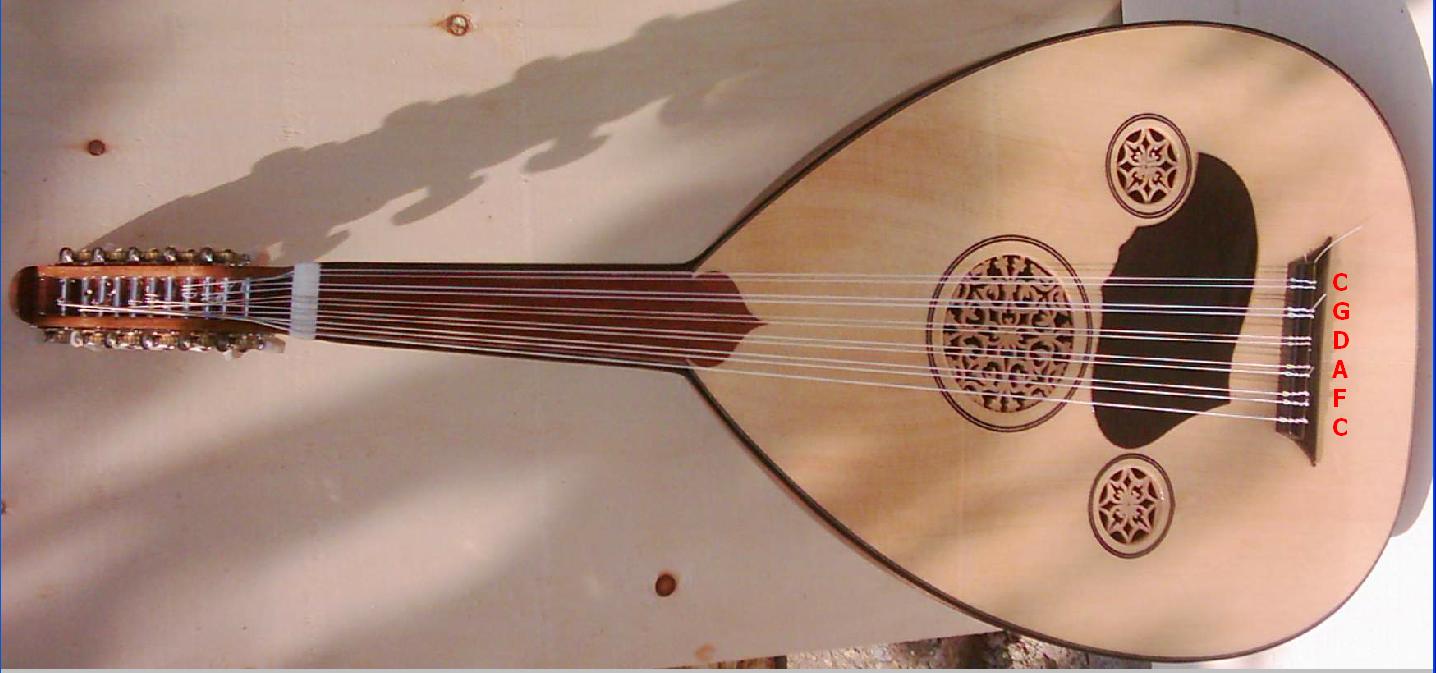Current Events
Civil War
An important event that has been
happening in the recent history of Syria is the civil war. This civil war is
based upon the huge divide that exists between the government and the people of
Syria, who are tired of the way the government handles the country. According
to abcnews.go.com, the war saw its first battle in the Arab Spring activism in
Egypt and Tunisia in 2011, where protests were acted in the streets to voice
the public unhappiness with the government and the reform that they wanted to
see. The government acted in retaliation “with extreme measures, including the
kidnapping, torture, and killing of protesters” (abcnews.go.com). From then on,
the civil war has only escalated. An article by the Huffington Post depicts the
trauma in the country: “The death toll may now be well over 150,000. Prisons
and makeshift detention facilities are swelling with men, women and even
children. Death by summary executions and unspeakable torture are widespread.
People are also dying from hunger and once-rare infectious diseases. Whole
urban centers and some of humankind’s great architectural and cultural heritage
lie in ruins. Syria today is increasingly a failed state” (huffingtonpost.com).
ISIS
One
major event that is in the news recently is the spread of ISIS, the Islamic
State in Iraq and Syria, a group that is taking over land in Syria and Iran in
order to create an Islamic state – a caliphate – that covers both countries. Until
recently, ISIS had had land in both Syria and Iraq, but no way of connecting
the two, when on Thursday they gained control of the Albu Kamal border
crossing, and now can create a route for weapons and soldiers (cnn.com). ISIS has already
captured several oil fields in Syria, creating more chaos in a country that is
already in great turmoil. ISIS has been known for their social media efforts in
creating terror as well as support, which is something that is a new tactic in
this kind of warfare.
Sources:







